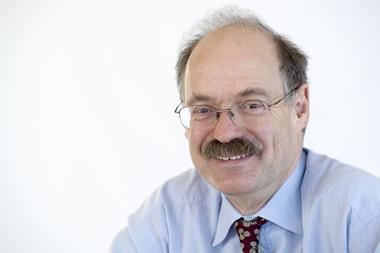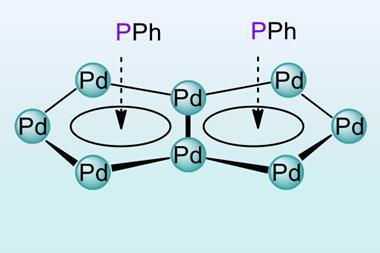Advisers across Europe will form a knowledge-sharing network
Plans are being laid by the world’s government science advisers to spend more time talking to each other and exchanging ideas, so that they can better advise their countries’ leaders. Europe’s science advisers, meeting at the Euroscience Open Forum (ESOF) in Copenhagen, Denmark, have agreed to set up the European Science Advisers Forum (ESAF), which will give them the opportunity to explore each country’s models and learn better ways to communicate evidence to governments. And later this year, as many as 60 science advisers from across the world will get together in New Zealand for the first meeting of its kind.
Scientific advisers, who provide their government with evidence that leaders can choose to use – or ignore – when making decisions, are becoming increasingly common across the world. While some European countries have had a science adviser for some years – the UK was one of the first appointing Solly Zuckerman in 1964 – such appointments have come much later to some countries in eastern Europe. Anne Glover, chief scientific adviser to the European commission, has been instrumental in getting more countries to appoint scientific advisers by championing the need for evidence in policy making.
Speaking at ESOF, Glover said it was the first time Europe’s science advisers had been able to form a network where they can learn best practice from each other. She added that future meetings of Europe’s science advisers will give them a forum to identify key topics where they can work together. She did add, however, that the intention of the forum ‘is not to corral everyone into thinking the same thing or only ever speaking with one voice because uncertainty is a natural part, and indeed exciting part, of science. But there are times when it is extremely helpful when we can at least decide on what we agree on and then we can have uncertainty around the edges.’
‘I think what we need is a partnership across Europe so that the voices of scientists can be heard more coherently,’ Mark Walport, the UK’s chief scientific adviser, tells Chemistry World. ‘So actually having counterparts in different countries in Europe is incredibly important. I think one of the challenges has been that there hasn’t been effectively a single voice from many countries in Europe.’ Walport adds that scientific advice is so important to so many issues across Europe that it is vital that each nation’s adviser talks with their counterparts.
Peter Gluckman, New Zealand’s chief scientific adviser, is organising the first global meeting of scientific advisers, with journalists and academics invited too, in Auckland on 28–29 August. He plans to get advisers at the meeting talking about the principle and practice of using evidence within a democratic framework. Other issues on the table will include transnational science advice, which he described as ‘embryonic to say the least’, but necessary in the face of the increasing complex, interconnected societal challenges that the world faces. By the end of the global meeting Gluckman wants to have drawn up a document on how governments can use evidence when developing policies and help them to understand the limits of evidence in science advice.












No comments yet